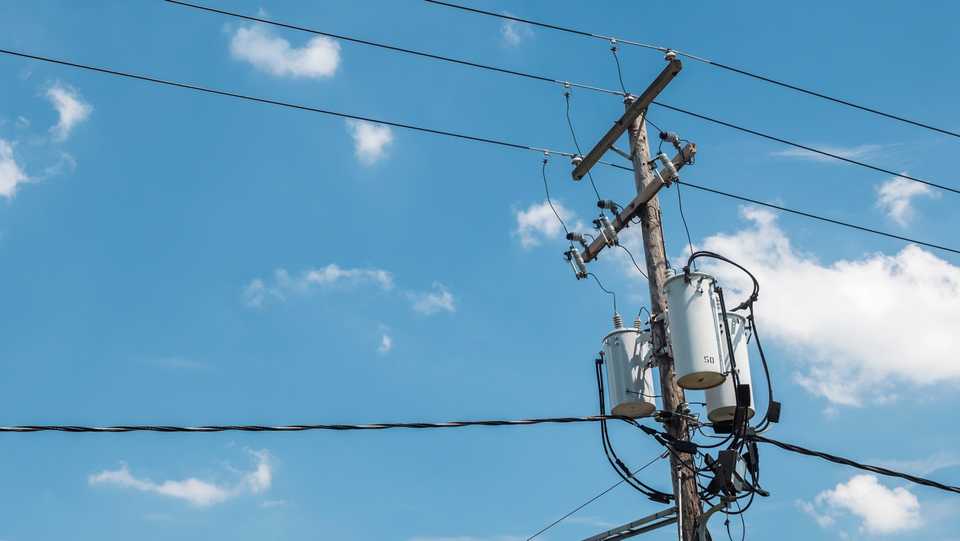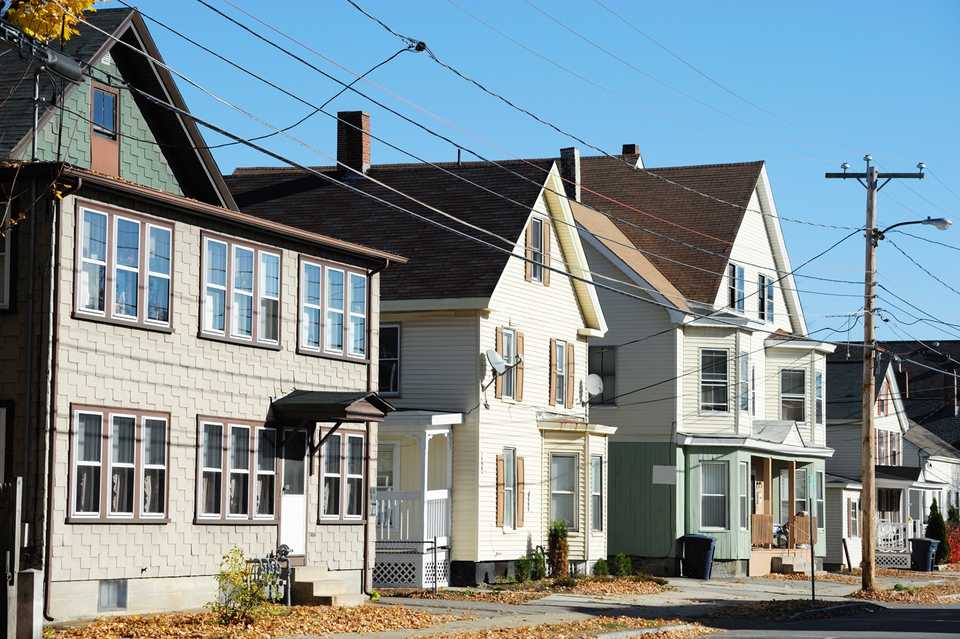If you are a landowner, you are probably familiar with the concept of easement in Quebec law!
Yes indeed, an easement on your property is what allows Hydro-Québec to use part of your property to run overhead or underground wires, or to access your land to maintain the electricity network.

However, the easement is not without limits: it is still a right governed by law. Therefore, it is important to be informed about what Hydro-Québec's easement on your land really implies, by discussing its origin and the rules that govern it.
In this article, JuriGo demystifies Hydro-Québec's easement on your land and explains the applicable rules!
What is an easement in Quebec law?
Before looking at the case of Hydro-Quebec, it is important to understand what a right of way easement is in Quebec law. An easement is a right granted to a person - or an entity - to use a part of another person's land (the landowner) for specific purposes. The easement is therefore a legal concept that refers to a person's right to do certain things on another person's property.
The easement is governed by articles 1177 to 1194 C.c.Q. The easement can be established by several means: either by agreement, i.e. under an agreement between two parties, or by court judgment or by law, as is the case for Hydro-Quebec's easement.
Hydro-Quebec's easement: under what law?
Under the law, Hydro-Quebec has the right to run power lines over private lands in order to provide electricity to citizens. It is the Hydro-Quebec Act that empowers the company to have an easement on private lands.

According to the law, Hydro-Québec has the power to expropriate in order to acquire the land necessary for the establishment of its power lines. Similarly, the company is authorized to establish easements on private lands in order to carry out work related to the distribution and transmission of electricity . This means that as a property owner, you have no choice but to allow power lines to pass over your property.
The law stipulates that Hydro-Québec can establish easements on private lands for the construction, operation, and maintenance of power lines. This easement is considered a public right of way, since it is established to ensure that a public service is adequately provided, namely electricity.
What are the rules governing Hydro-Québec's easement?
As explained above, Hydro-Québec's easement is established by law. This means that this easement is not without limits: there are certain rules that govern it and allow for recourse if you are a landowner who has been wronged by a Hydro-Québec easement.
Here is an overview of the main rules associated with Hydro-Québec's servitude. First of all, Hydro-Québec has the right to access your private property in order to carry out work related to the distribution and transmission of electricity.
This includes the right to build, install, repair and maintain electrical lines on the property. For example, if an electric transformer on your property has been damaged, Hydro-Québec's teams will be able to come onto your property to repair or replace the equipment.
As the owner, you are responsible for ensuring that the servitude is respected. This means that if Hydro-Québec needs to carry out work on your property, you must allow them access to your property so that the necessary work can be carried out.
Even though Hydro-Québec has a right of way on your land, you still have the right to make certain arrangements on your land, near Hydro-Québec's facilities.
What you are allowed to do despite a servitude from Hydro-Québec
As long as you respect the safety distances established by law and regulation and you ensure access to Hydro-Québec's teams, you can:
- Install a separating fence equipped with a gate;
- Plant a decorative cedar hedge;
- Install a covering on your driveway;
- Install an outbuilding of less than 13 m2 (for example a shed), provided that it can be moved at the request of Hydro-Québec;

If you have any doubts about your right to make certain improvements or installations, you can always contact Hydro-Québec to make a request about an easement.
What is prohibited to do on the part of your land subject to a Hydro-Québec easement
However, if your land is subject to a Hydro-Québec easement, you cannot:
- Erect a construction of an area greater than 13 m2 or make arrangements in the easement area (except a separating fence, a hedge or a garage coating);
- Install an inground or above ground pool;
- Make modifications to the elevation of the ground, whether by digging or by adding material;
- Install a clothesline;
- Set up a purification field;
- Carry out any kind of activity or intervention that does not comply with electrical safety rules or that could harm the operation of the electrical lines.
It is important to note that this list is not exhaustive, and in case of doubt, it is your responsibility to communicate with Hydro-Quebec before carrying out a development that could potentially be prohibited!
How to request a change to a Hydro-Quebec easement?
If you disagree with the extent of a Hydro-Quebec easement on your land or if you wish to obtain a release from the easement, know that you can make a request to Hydro-Quebec. You can submit a request to obtain a reduction in the extent of an easement, a release or a tolerance letter .
You will need to apply online on the Hydro-Québec website, explaining the purpose of your request and presenting a plan of your proposed work, a location certificate, photos or any other document supporting your request. It is important to note that Hydro-Québec cannot confirm the existence of an easement on your land or verify the accuracy of a location certificate. To do this, you will need to consult a notary.
It is also important to know that processing fees may be required for any request requiring Hydro-Québec's intervention. For requests for discharge, reduction or tolerance targeting an easement related to electricity distribution lines, these fees are $250.

In addition to the processing fees, the discharge or reduction of the extent of an easement results in costs corresponding to the market value for this type of transaction.
JuriGo helps you find a lawyer for your disputes related to easements!
In conclusion, Hydro-Québec's easement on private lands is a reality for many owners in Quebec. This easement is governed by strict rules that protect the rights of the owners while allowing Hydro-Québec to ensure the distribution of electricity throughout the territory.
However, problems can arise when there are disputes over the use of the property or the terms of the easement. In these situations, it is crucial to call on a real estate law specialist so that you can get informed legal advice and protect your rights to your property.
A real estate lawyer can help you understand the terms of Hydro-Québec's easement on your land, negotiate with Hydro-Québec, and file a request for a change related to the easement if it is justified. By hiring a lawyer, you can be assured that your rights are protected and that you will get the best possible solution according to your situation.
In the end, Hydro-Québec's servitude on your land can represent an important issue that deserves special attention. In case of a problem, it is recommended to call on a specialized lawyer to guide you through the process and to obtain a satisfactory solution.
To be put in contact with such a lawyer, you only need to fill out the form at the bottom of the page.
We can put you in contact with a qualified lawyer in your area, all for free and without commitment! Why wait any longer?